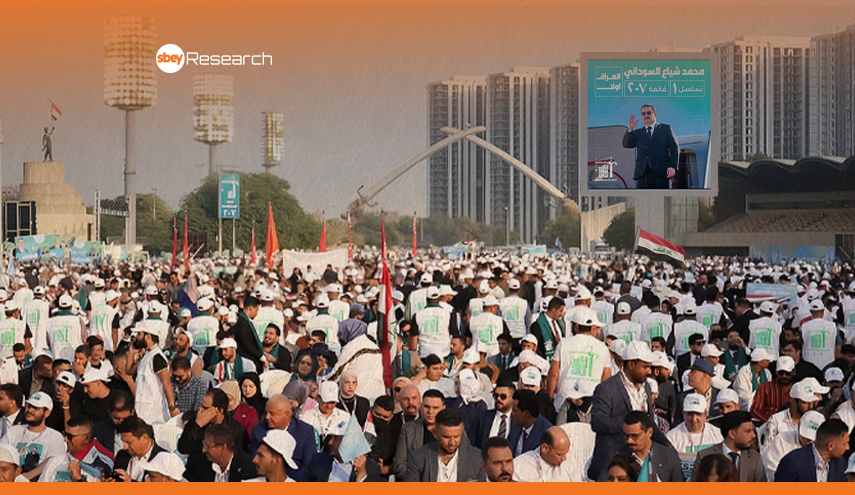

Introduction
In the heart of the Kurdistan region, a pervasive issue silently shapes the political landscape: the delay in salary payments to public sector employees. The meticulous documentation of this phenomenon in "The Delay Salary Report 2024" by Sbey Research shows that it not only jeopardizes the financial stability of thousands of people but also sows the seeds of political unrest among the populace. As Kurdistan edges closer to its upcoming elections, this report offers crucial insights into how economic grievances may translate into political action.
Survey Findings Overview
The report uncovers a troubling pattern of delayed salary distributions, affecting a broad public sector spectrum. Beyond mere numbers, it reveals a narrative of financial insecurity, diminished trust in government, and a palpable sense of frustration among the affected employees. Such sentiments, when viewed through the prism of impending elections, suggest a populace at a crossroads, potentially reevaluating their political allegiances.
Political Landscape Analysis
Kurdistan's political fabric, characterized by its diversity and complexity, is particularly susceptible to the strains introduced by economic grievances. The report emphasizes how the delay in salaries casts doubt on the effectiveness of current governance and sparks discussions about accountability and reform. Political parties and candidates are thus compelled to confront these issues head-on, integrating them into their electoral strategies and promises.
Voter Habits and Political Engagement
The report's implications extend far into voter behavior and engagement. Economic hardship, mainly induced by salary delays, has historically catalyzed increased political participation. In Kurdistan, this might manifest as heightened voter turnout, a shift towards candidates or parties promising economic reform, or even the emergence of new political movements centered around fiscal responsibility and transparency.
Implications for Upcoming Elections
As the election horizon approaches, the findings of "The Delay Salary Report 2024" serve as both a warning and a guide for political entities within Kurdistan. The electorate's growing impatience with economic mismanagement could significantly alter the electoral landscape. Candidates and parties that offer tangible solutions to the salary delay issue, coupled with broader economic reforms, may find themselves at a strategic advantage, tapping into a well of voter dissatisfaction ripe for change.
Conclusion
The upcoming elections in Kurdistan are not merely a test of political popularity but a referendum on governance, economic stability, and the social contract between the state and its employees. "The Delay Salary Report 2024" underscores the urgency of addressing salary delays as an economic and pivotal political challenge. In the dance of democracy, economic grievances such as these are powerful motivators, potentially steering the region towards new political horizons.



